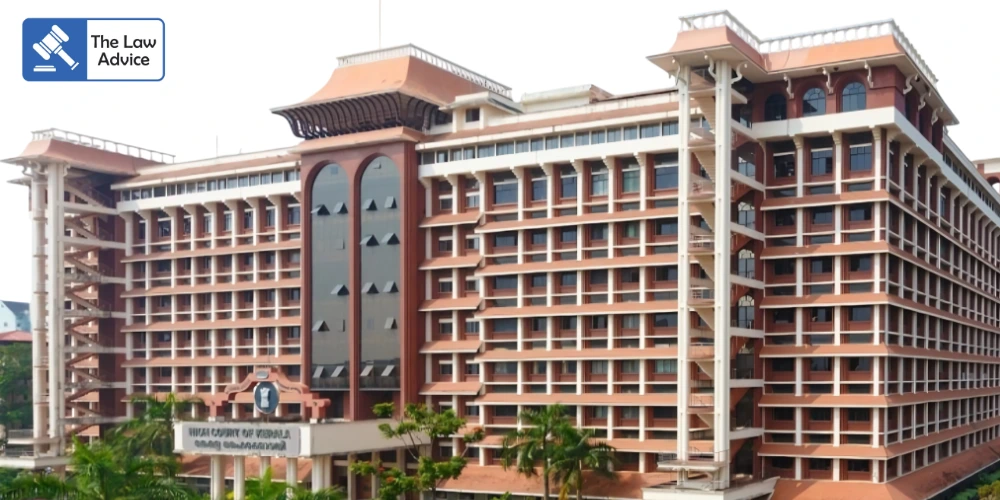
The Kerala High Court on Wednesday (November 26) dismissed appeals filed by the Indian Medical Association (IMA) and the Kerala Private Hospitals Association, thereby affirming the validity of the Kerala Clinical Establishments (Registration and Regulation) Act, 2018 along with its corresponding Rules.
A Division Bench of Justice Sushrut Arvind Dharmadhikari and Justice Syam Kumar V.M. upheld the State law — rolled out in phases since 2019 — rejecting allegations of arbitrariness, ambiguity, impracticality, and disproportionate interference. The Bench stressed that the law reinforces the fundamental right to dignified healthcare:
“This judgment stands as a reaffirmation of ethical, transparent, and equitable medical services.”
The Court also noted that comparable regulatory frameworks exist in the United States and European Union, highlighting global consistency.
The petitioners mainly contested three obligations: mandatory disclosure of staff details, publication of rate lists for treatments and packages, and the legal requirement of providing lifesaving and stabilizing care along with safe patient transfer, irrespective of payment status.
Defending the statute, the State contended that the law promotes patient rights, strengthens public health protection, enforces ethical practices, ensures readiness for emergencies, and creates fairness among healthcare providers.
Emphasizing the statutory intent, the Bench observed:
“The Act does not impose new burdens — it operationalizes constitutional guarantees through a regulated standards system, transparency requirements, and enforceable minimum emergency care obligations.”
Tariff transparency
Addressing the challenge to Section 39, the Court rejected arguments that terms like “package rates” or “types of service” were vague. It clarified that hospitals must provide baseline prices for common and identifiable services while issuing itemized bills for any complications or extended treatment.
The Court underscored that publishing tariff lists is not price control but a safeguard against excessive billing and exploitation. On defining package rates, the Bench clarified that they cover standard inclusions for routine procedures, while unforeseen clinical elements may be charged separately with proper disclosure and justification.
Limited disclosure of staff data
The Court clarified that personal information of doctors and employees is not to be published publicly. Instead, only essential professional details must be furnished to the authority solely for regulatory scrutiny on staffing adequacy and competency.
Referring to the privacy framework under Justice K.S. Puttaswamy v. Union of India, the Court held that the measure:
(i) has statutory legitimacy,
(ii) furthers a legitimate aim — patient safety,
(iii) is narrowly tailored and proportionate, and
(iv) includes safeguards like limited purpose and review mechanisms.
The Court directed authorities to issue confidentiality protocols ensuring data minimization, secure access, and non-disclosure beyond the regulatory scope.
Emergency treatment and patient transfer
The Bench observed that emergency obligations align with international norms. Hospitals must provide initial stabilization based on their capacity and ensure safe shifting to higher centers when necessary. Crucially:
“No patient shall be refused lifesaving care due to inability to pay an advance or absence of documents.”
Further, all medical records — including test reports and investigation findings — must be handed to the patient at discharge.
Court-issued implementation directions
In concluding the judgment, the Bench laid down detailed compliance guidelines, including:
1. Capacity-graded emergency care
• Immediate screening and stabilization must be provided.
• Documentation and coordination of safe transfer is mandatory.
• All relevant medical reports must be given at discharge.
2. Transparency through public display and website
Hospitals must prominently showcase, in Malayalam and English:
• Services offered
• Baseline and package rates (with notes on extra charges for complications)
• Facility details — bed types, ICU, OT, ambulance availability
• Patients’ rights and grievance contacts
3. Updated patient information brochure
To be provided upon admission and downloadable online — detailing services, tariff structures, insurance and billing rules, discharge protocols, emergency policies, and grievance escalation procedures.
4. Grievance redressal system
• Complaint desk/helpline with unique tracking ID
• Resolution within 7 working days
• Serious complaints escalated to the District Registering Authority
• Regular reporting of grievance statistics
5. Accuracy and timely updates
Any revised service, pricing, or contact information must be promptly updated with revision dates.
6. Compliance reporting
• Hospitals to submit compliance undertakings within 30 days
• District authorities must conduct verification audits within 60 days and periodically thereafter
• Penalties for violations under the Act
7. Patient remedies
Patients may:
• File consumer complaints
• Approach police in cases of fraud or cheating
• Escalate grave issues to State officials
• Seek help from Legal Services Authorities
Hospitals must issue receipts for all payments and complaint filings.
8. Accessibility and language
All mandated displays must be clear, visible, and provided in Malayalam and English — both physically and digitally.
9. Consequences for non-compliance
Failure will attract action including penalties, suspension, or cancellation of registration besides other legal liabilities.
The Court instructed the Registry to forward its judgment to the Chief Secretary and State Police Chief to ensure strict enforcement. The State must publicize these directions widely for one month via major print and visual media and submit a compliance report thereafter.
With these directives, the writ appeals were finally disposed of.
Case Details
WA No. 1621 of 2025 and connected appeals
Kerala Private Hospitals Association & Anr. v. State of Kerala & Ors.
Website designed, developed and maintained by webexy